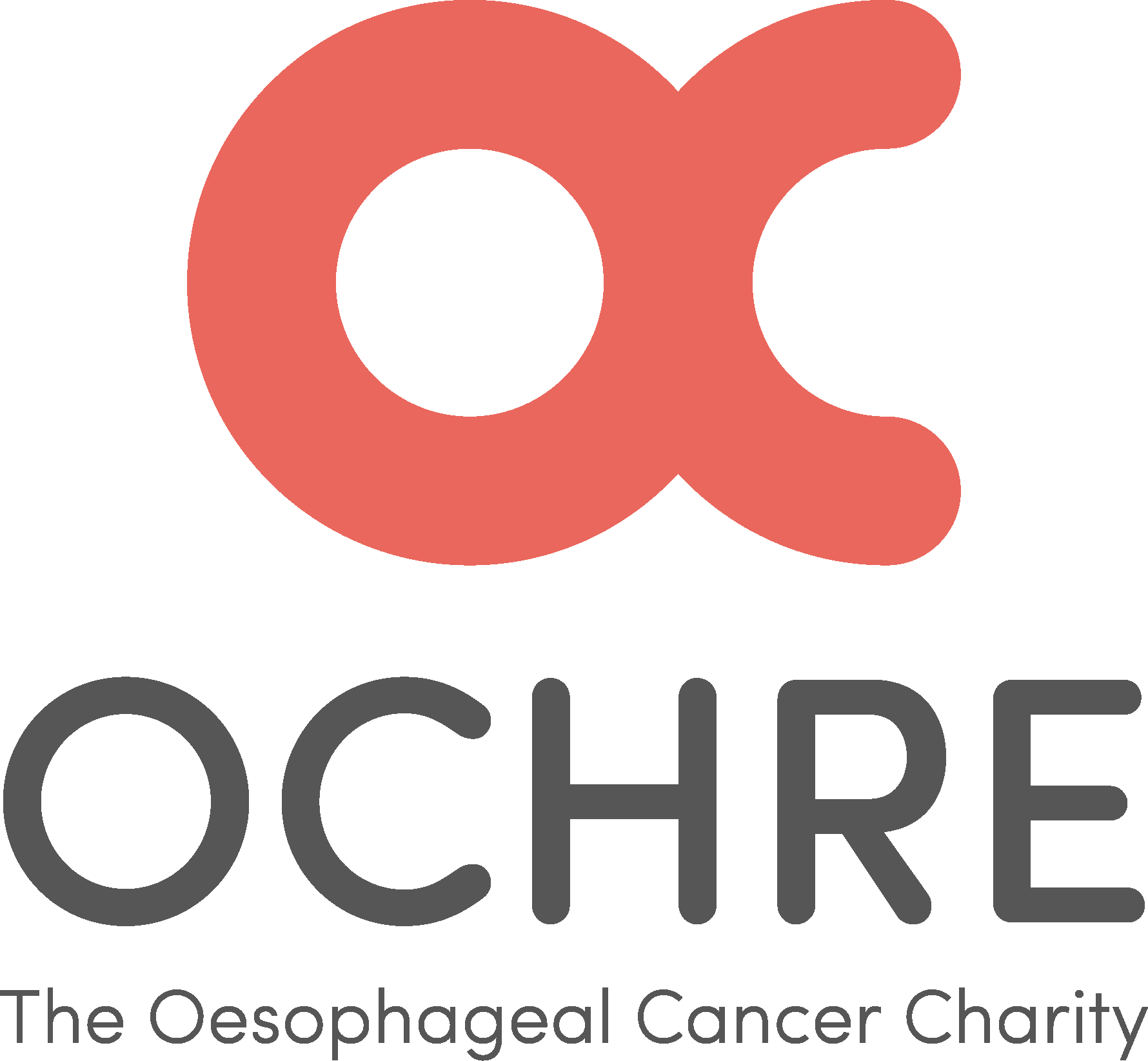Symptoms
The most common symptoms of oesophageal cancer include:
- difficulty swallowing (dysphagia)
- unexplained weight loss
- indigestion or heartburn that doesn't go away
- pain in your throat or behind your breastbone
You should see your doctor if you have difficulty swallowing, or you have symptoms that are unusual for you or that won't go away.
Symptoms explained
Difficulty swallowing (dysphagia)
You may feel pain or a burning or dragging sensation when you swallow, or your food may stick in your throat or chest. A narrowing of the oesophagus can also make it difficult for you to swallow. It is important to get this symptom checked by your doctor.
Weight loss
Unexplained weight loss means losing weight without meaning or trying to. You may be put off eating regularly or eating normal foods or if you find it hard to swallow or have pain when you swallow your food. This can also make you lose weight.
Indigestion or heartburn that won't go away
You can get indigestion when acid from your stomach goes back up (refluxes) into the oesophagus, or when the stomach is inflamed or irritated. This is sometimes called ‘water brash’.
Remember that occasional indigestion is common and it's not usually caused by cancer. It can be very painful, even when there's nothing seriously wrong.
It is very important to see your doctor if these symptoms don't go away and talk to your doctor if anything you take for indigestion stops working.
Pain in your throat or behind your breastbone
You may feel pain in the centre of your chest, between your shoulder blades or occasionally in your back. This can get worse when you swallow or have indigestion.
Food coming back up
You may regurgitate food – this is when food comes back up soon after you swallow it.
A cough that won't go away
A cough that won't go away or that happens when you try to eat can be caused by oesophageal cancer.
Hoarseness
Your voice can become raspy or croaky when acid passes back up into your throat and voice box, the tissue becomes inflamed causing hoarseness and a sensation of a lump in your throat.
Hiccups
While hiccups are normal and familiar to most people they usually only last a short time should be investigated if they last longer than a month or so as there could be an underlying cause. Gastrointestinal causes of hiccups include GORD (gastro oesophageal reflux disorder), hiatus hernia and oesophageal cancer.
If hiccupping lasts longer than a few days you should consult your GP as soon as possible for further examination.
Tiredness
You might feel tired for no obvious reason or if your oesophagus is bleeding, you might have a reduced number of red blood cells (anaemia). This can also make you feel tired.
